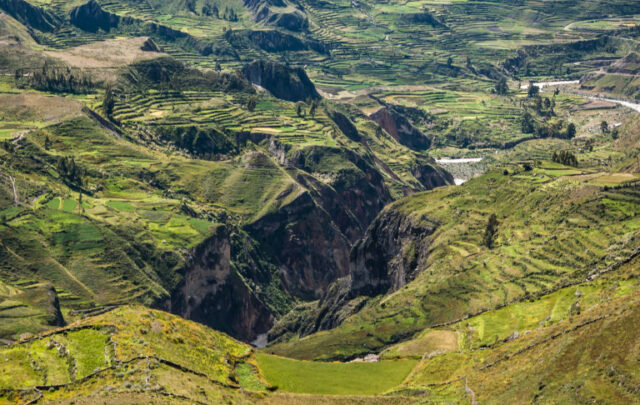 Reprinted from MIKE RUPPERT BLOGSPOT
Reprinted from MIKE RUPPERT BLOGSPOT
[Author: “Crossing the Rubicon: The Decline of the American Empire at the End of the Age of Oil” and “A Presidential Energy Policy: Twenty-five points Addressing the Siamese Twins of Energy and Money”]
In the rare instances where I come across a book that is a feast for the mind and soul I wrestle with it as with a lover. Pages get dog-eared, the pen comes out and notes appear all over. Great passages are underlined. There are coffee and wine stains. This marks my affair with a great book. “Sacred Demise” is the first such book I have read in many years. In spite of the profoundly disturbing topic: the collapse of industrial civilization and possible extinction of the human race; it is a book which has left me feeling joyful, hopeful, humorous and deeply comforted. It has made me love more completely and – in that process – has allowed me to be more alive in this present moment.
This isn’t a mass-consumption book nor should it be. My life and experience have taught me that few humans have evolved or are aware enough to even grasp its significance. The book is like a great sacred text from antiquity that makes us love our forbears and take comfort in our connectedness to them. If intelligent life is able to find “Sacred Demise” in two or three millennia I can see it being revered as a great testament to what our potential as a species might have been… or might yet become.
“Sacred Demise” is an incredible how-to, first-aid, healing map and manual of how one can navigate an aware psyche through the emotional and spiritual challenges of collapse – to find and to give love, comfort and even great joy in the midst of pain, despair and death. It teaches and reminds us that death is not a bad word but a “parenthesis in eternity” as Joel Goldsmith wrote. I know of no one who has had the courage to address these crying needs in detail and Baker is uniquely qualified to do it. Every ounce of her heart, mind and soul were committed to this book’s writing and that is clearly evident throughout. This book is an act of love. I am no different than any human in that I respond instantly and involuntarily when I see that someone has the courage to place a naked heart in front of my eyes. It reminds me that we are never stronger than when we are most vulnerable.
The book’s genesis comes from Baker’s clear statement that, “while many individuals will be able to physically navigate collapse, some will not be able to do so emotionally”. I consider the book to be profoundly spiritual, although others may approach it as a psychological or cultural text that finally and beautifully addresses what I have seen as a crying need to deal with the emotions that collapse surfaces. Emotions ignored always return to bite us on the behind. They sap rather than enhance our strength. “Sacred Demise” is an emotional and spiritual guide for the treatment of those of us who understand what collapse means and by which we can give comfort, aid, assistance and great strength to ourselves and to those we love.
As Baker points out consistently – while fearlessly acknowledging that civilization and the species may become extinct soon – here is a pathway to choose not only which physical parts or our lives may endure, but what core values survive the transition and die-off. She reminds us that to be truly effective, “we must come to grips with our own mortality.”
I have known Baker for many years. We have worked closely together and shared many painful “initiations”. I am not at all surprised that she cites many spiritual books that I have long treasured and also delves deeply into Native-American spirituality for its close connection to a planet that “civilization” has cut us off from. Nor am I surprised that we have both arrived at exactly the same conclusions. What I am surprised at is Baker’s Herculean research, her incredible depth and her broad, multi-discipline and multi-cultural approach. She does not confuse the reader, she refreshingly reminds us that truth and knowledge based upon harmony and balance with all life are universal truths once liberated from artificial labels and knee-jerk induced intellectual door slamming..
The book’s greatest use will be in guiding and comforting those of us who are “hospice” workers for industrial civilization. Having written on the subject of collapse for almost a decade I have longed for something that would comfort me and the great many who have labored to awaken mass consciousness to the gravity of the current crisis. As on a battlefield one inevitably asks, who or what will care for the caregivers? This is that book.





